Wata of Boris on Aesthetics, Gear, and 25 Years of Sonic Expression
This interview originally appeared in She Shreds Issue #13, which was released in September, 2017.
Japan’s Boris are one of the most prolific and hardworking bands in rock. Since forming in 1992, the band has released 88 records, reaching international audiences alongside underground heavyweights such as Sunn O))) and Earth. In 2017, as Boris celebrates its 25th anniversary, the trio is also celebrating the release of a new full-length, Dear, released on Sargent House in July—further straining the already bursting seams of their enormous back catalogue.
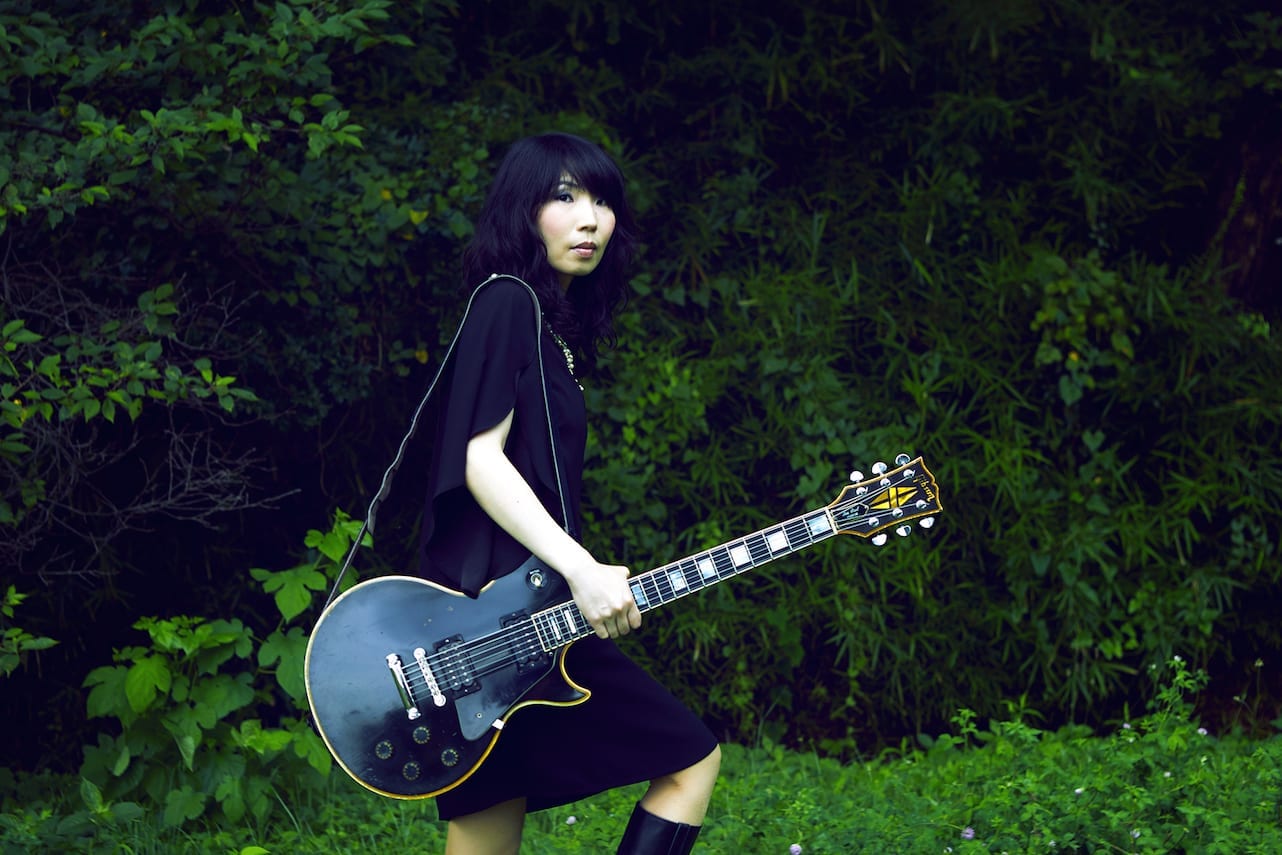
One third of this genre-defying powerhouse is Wata, the inimitable guitarist and vocalist. Founding Boris alongside band members Takeshi [bass, guitar, vocals] and Atsuo [drums, vocals], Wata plays with a fluidity that’s genuinely unlike anything or anyone else. Utilizing a very specific arsenal of equipment, such as an EBow—a monophonic electric string driver—and a vintage Matamp, she bends sound and space to her will, melting distortion into a heart-stopping wall of impenetrable sound.
Inspired by a love of Pink Floyd and jam sessions, Wata strongly believes in improvisation and to go where the music takes you. We called Japan to chat with Wata about her love of clean tone setup and why aesthetics are every bit as important as sound when it comes to the world of Boris.
She Shreds: Boris has been active as a band for 25 years now—congratulations for reaching such an impressive milestone. How are you feeling about everything you’ve managed to achieve during this time?
Wata: It doesn’t feel like it’s been 25 years. I think it’s a very hard thing to be able to continue a band for so long with all the same members, but for Boris we’ve been able to share what we’ve wanted to do and, through this, distribute responsibility, so we’ve been able to continue in a good way.
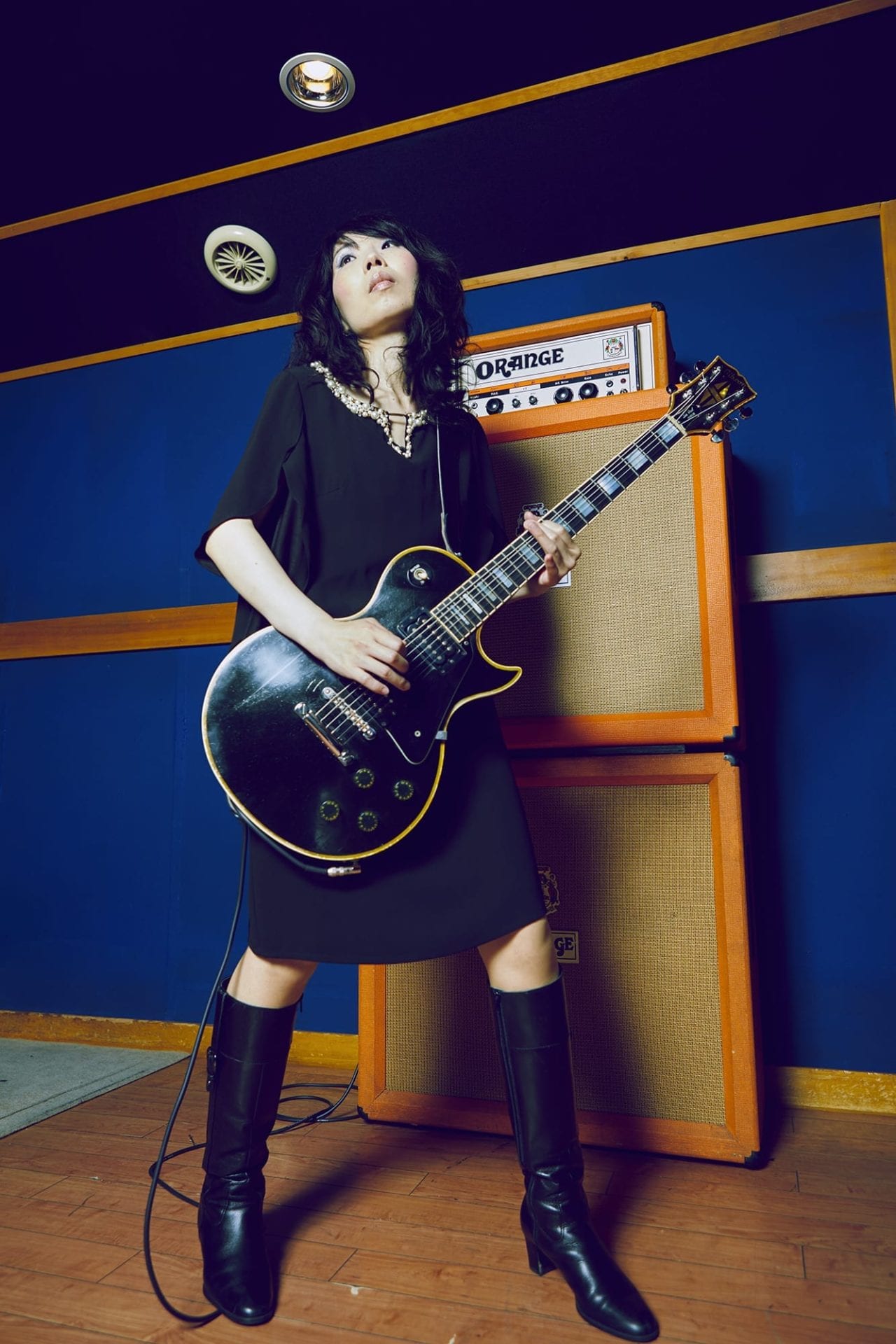
Your newest record, Dear, will be your 27th full-length album. How are you feeling about it?Would you say it’s an accurate marker for your 25th anniversary and representative of the sounds the band has traversed since its conception?
When we first started working on Dear it was the fall of 2014, so we weren’t even thinking about a 25th anniversary. Twenty-five years ago this kind of music really didn’t exist, so the fact that we’ve been able to create something like this just shows that we’ve been through a lot, and that makes me very happy. Dear is an album with a sound that only Boris can create, so I feel like it’s the perfect marker for our 25th anniversary.
You record most of your albums on analog equipment. Was this the case for Dear? How much of it was recorded live?
As of about 10 years ago, [since] around the Pink album, we’ve been self-recording using Pro Tools on digital. For Dear we captured everything in one shot using basic Pro Tools, and we set up our mics all in one room and performed it live. Since we were recording in the same room, we were able to create similar waves naturally which helped it to sound more organic. However, the guitars and the vocals were recorded separately.
In a previous interview, Atsuo [drummer] said, “Having some kind of preconceived message or theme is very boring to me.” What do you feel your music represents and what exactly are you trying to portray through the songs you create?
Mistakes are always going to happen when you’re creating music, and I like being able to help out when that kind of thing happens. Whenever there are preconceived messages and themes, the chances that a mistake is going to happen are bigger. We try to echo our sound around the notion of when you look up at the sky and the clouds form a picture—that’s kind of what our music represents.
What’s the most important lesson you’ve learned about yourself as a musician?
I feel it’s really important during jam sessions, if someone’s playing one way, for me to go the other way so that it flows well together. There’s a ton of things I’ve learned from jam sessions just by listening to other people. We had a support member, Michio Kurihara, and he was a genius when it came to sound. Through him I was able to learn to sync rhythmically, and it really impressed me the way that he treated his instruments. He knew that his instruments were important.
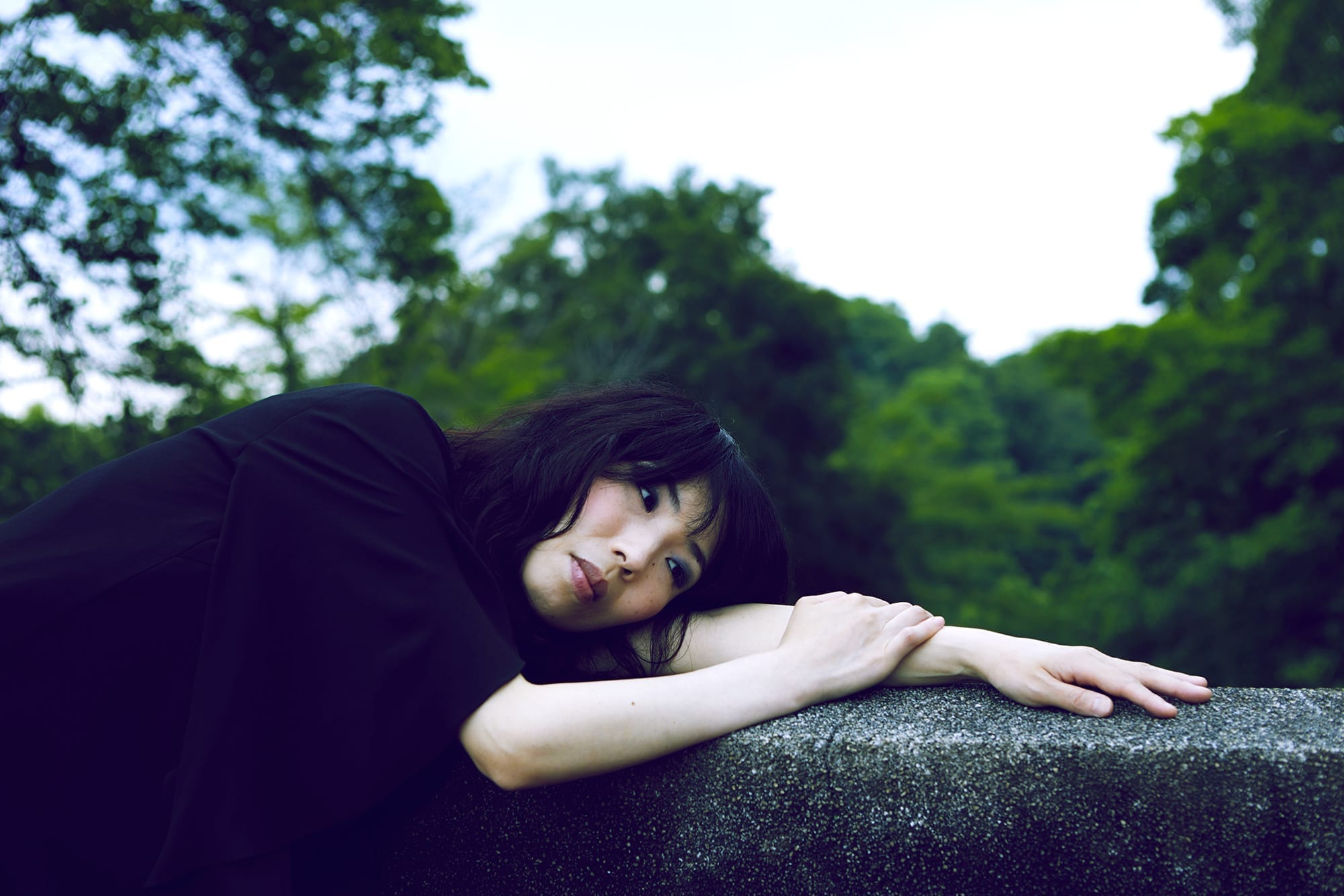
You’re well known for using an EBow. What inspired you to first pick up this piece of equipment, and how do you feel it shapes your playing style?
I can’t really remember what the trigger was for me to first start using it. I think I bought it because I heard that you could use it to make continuous sound. With the EBow I’m able to make various sounds by sliding and bending and I think that’s awesome. It’s really fun to play with Takeshi because he also plays with an EBow, and when we play together there are different ways that we can create together. It’s very convenient and easy to play with, but because we use it at such a high volume it’s been so intense, to the point that I’ve broken it many times and had to buy a new one.
Your live effects setup has consistently been centered on the Roland Space Echo and the Electro-Harmonix Big Muff. Why do you use those particular pieces of gear?
Right now I used the Roland Space Echo RE-150 and also a copy of the Electro-Harmonix Big Muff, which is actually called Elk. It’s a Japanese brand. You can’t really recreate the same sound; it’s very distinctive. They connect everything together to create an automated sound. For me they’re like instruments within themselves. I like my Elk pedal best because it’s dynamic yet makes these really rough sounds.
Are there any other pieces of equipment you use live or while recording that people may not be familiar with?
I have a pedal that was handmade especially for me—it’s called Wata Fuzz, made by a brand named Masf. It’s a clone model and I had them make it so the exterior is just as distinct as the sound—it has a very rough look. I was told after the customization that it cost more to make the outside than it did to make the inside. For me, the visual elements are very important. I also have a Matamp, which is a vintage original. I don’t think very many people are aware I use this.
Do you have a preferred guitar/amp setup and, if so, what is it? How does it compliment you as a musician?
For me, I use the Matamp, an Orange amp, and a Gibson Les Paul. With this clean tone setup, I’m able to create a lot of different sounds. I really like the way that Orange amps look too—they’re really cute. By keeping the sound up and letting the air through I’m able to connect my sound with the world. The visuals are an important part of the music, so it’s important that I have a guitar and an amp that fit me well.
What do you feel that you personally are trying to express through your music?
I don’t really have a specific message, but as a person, I’m creating a sound that only I can make.
You have such a free-spirited, improvisational method of playing. How does this work out when it comes to writing music? Will you enter the studio with a preconceived idea of what you’d like to create, or do you tend to just play until something sticks?
There are both patterns: There are times when I go into the studio and know what I’m going to be playing, but sometimes there are situations where I’m playing and something good just happens to come along. There are times when I’ve been playing and playing and nothing comes out. It’s good to know when to stop, so you don’t force it forever.
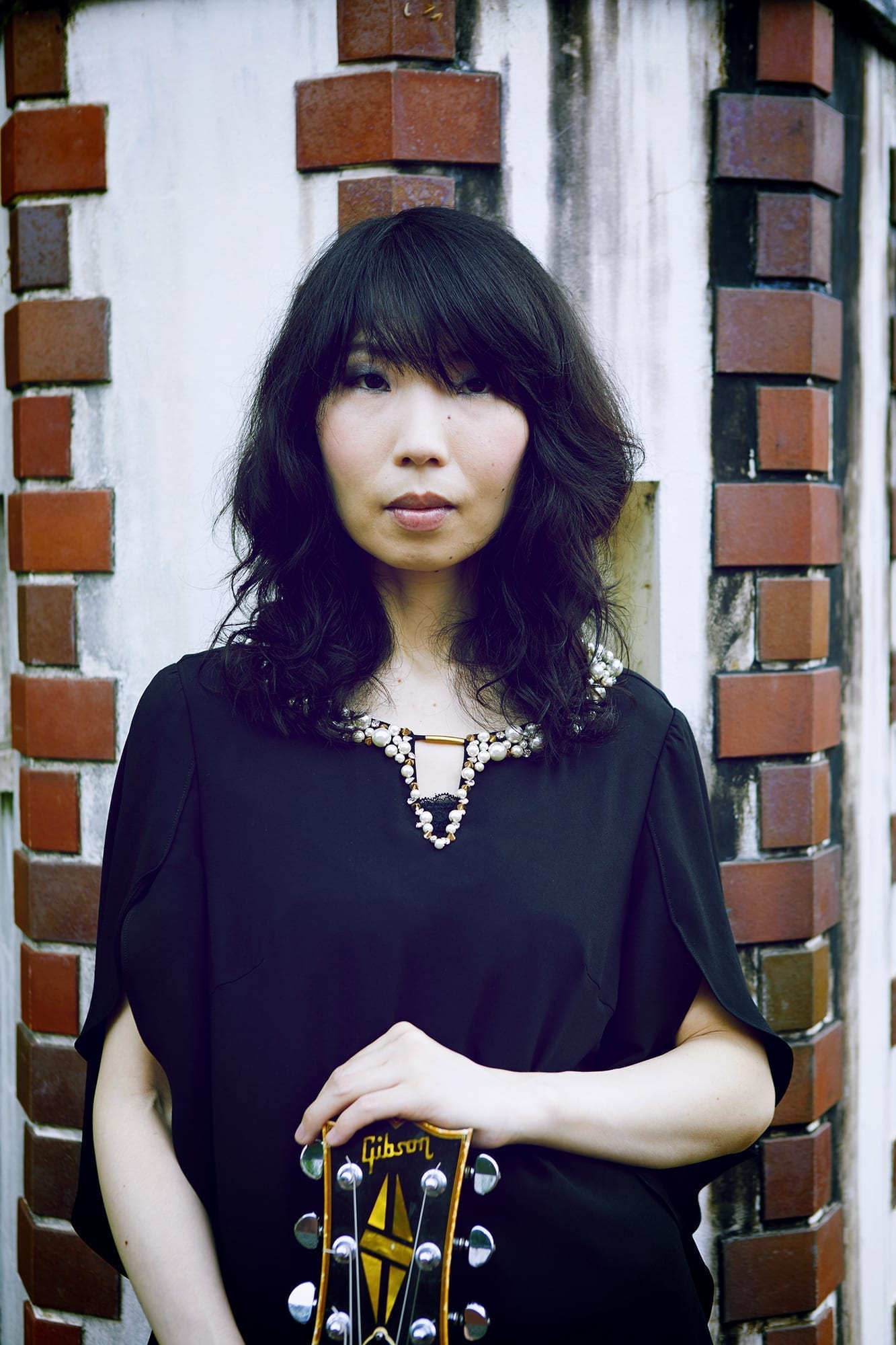
When did you first pick up a guitar, and where does your love of music originate from?
When I first picked up a guitar, I was about 16. When I was younger I used to play piano, but I hated practicing so I was never very good. When you play piano, you’re alone, and it looked very fun to me that a band got to play instruments together. I lived with my older brother who liked The Beatles a lot and he also played the drums, so I think it came naturally that I started to like music.
Would you say there are any particular musicians who have influenced your playing style and the guitars and equipment you choose to play with?
One of the first people to ever inspire me musically was David Gilmour of Pink Floyd. Pink Floyd: Live at Pompeii especially affected me, the echo and sound and the way he bends and chokes his guitar. If I’m ever able to get to the same level as David Gilmour that would be great. There are also plenty of artists who I’ve shared jam sessions with or seen live who have left a lasting impression on me.
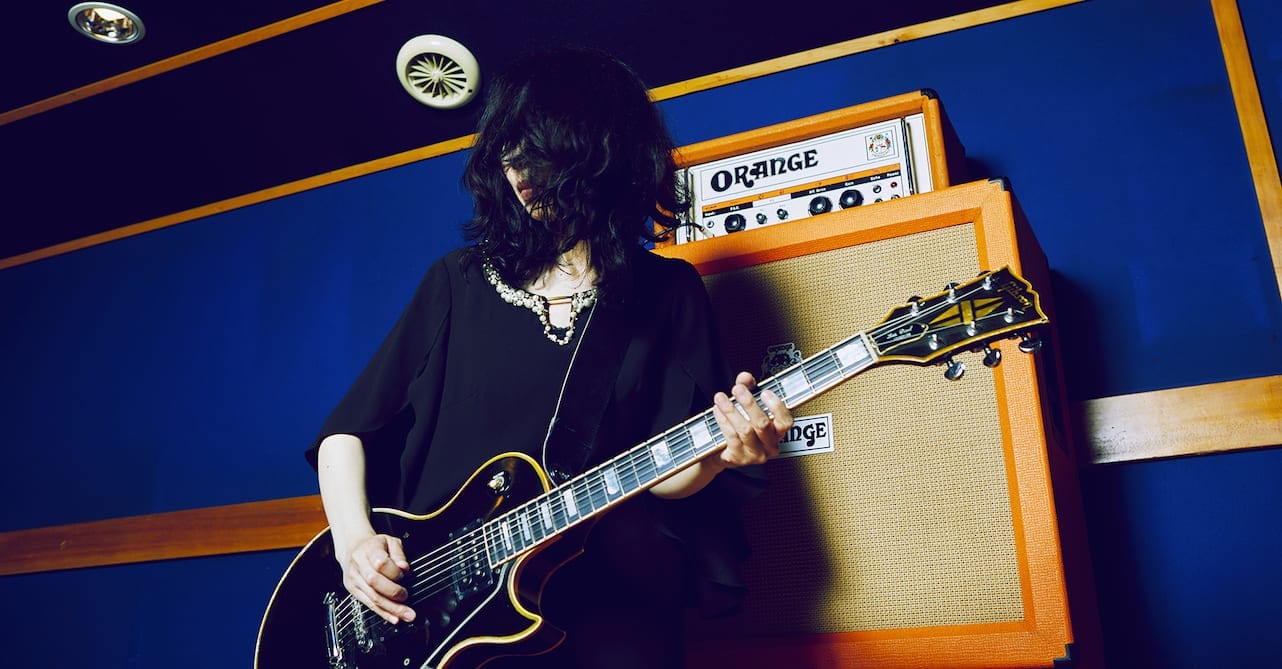

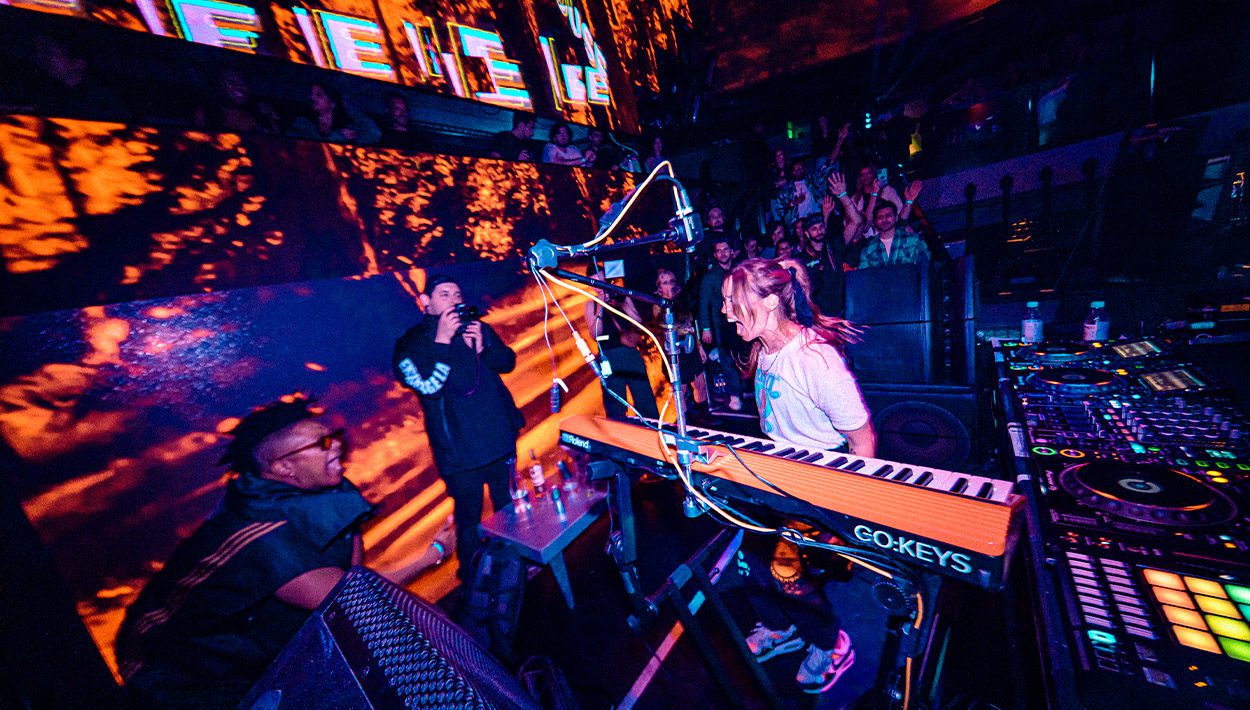
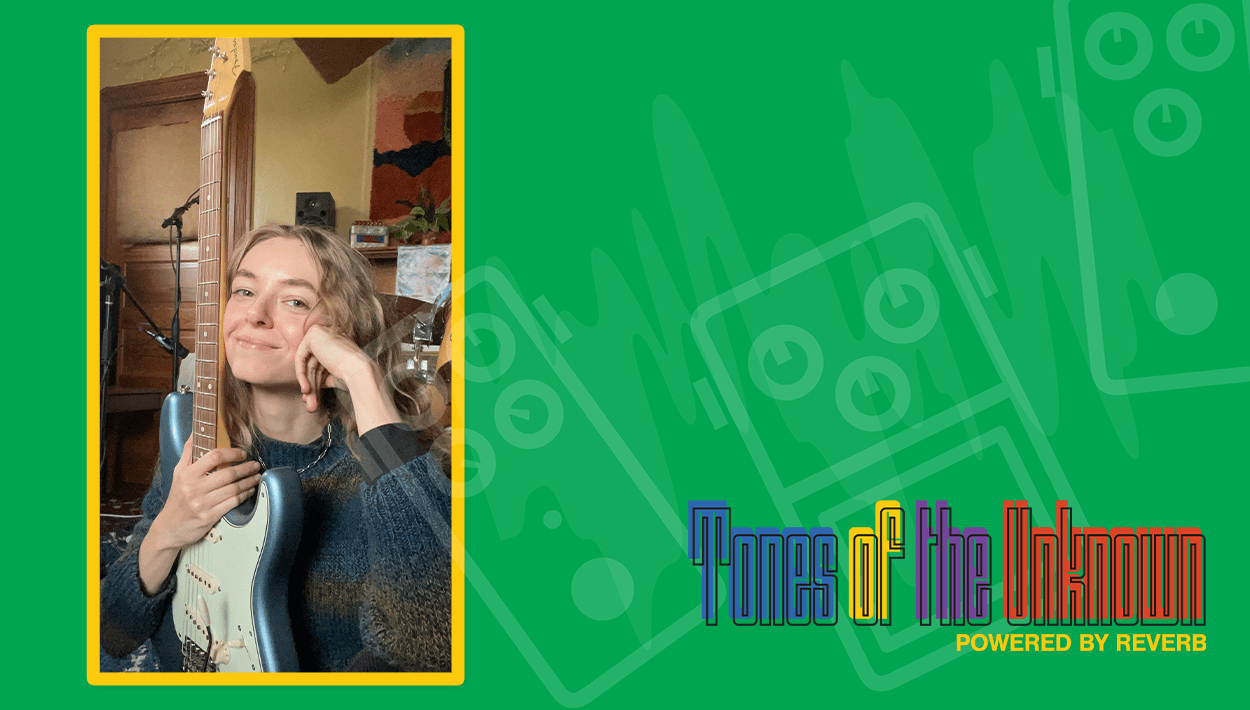
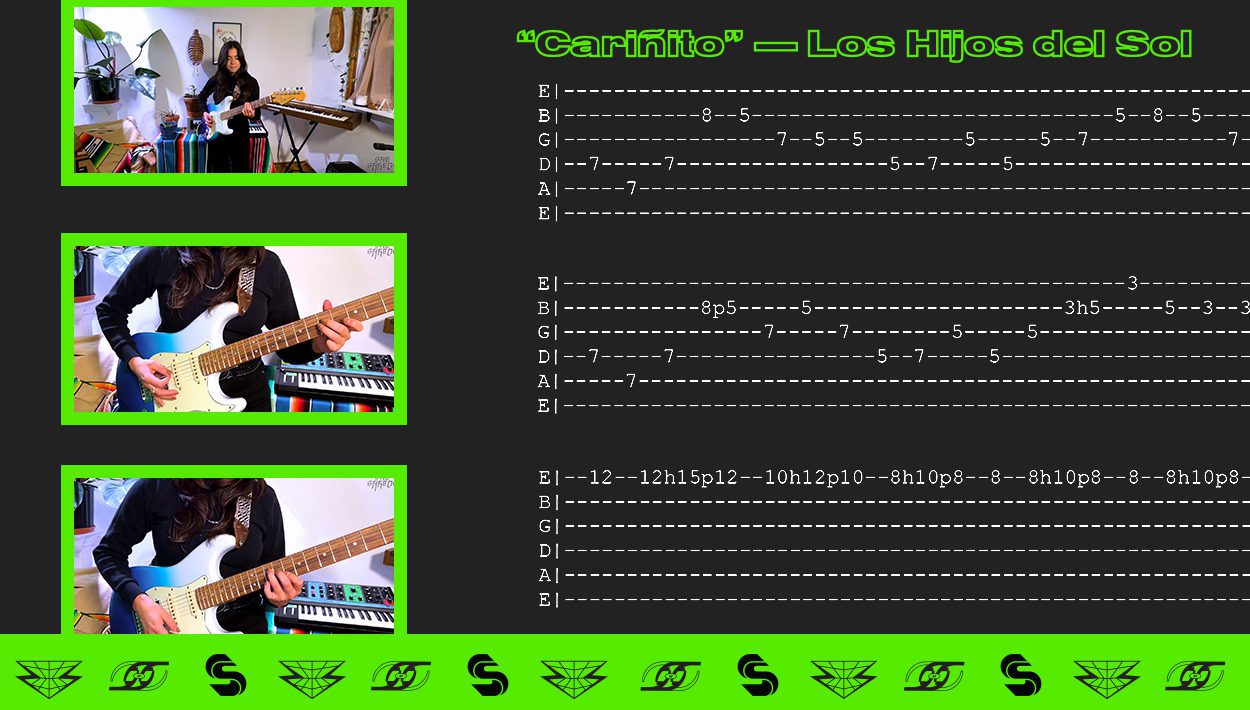
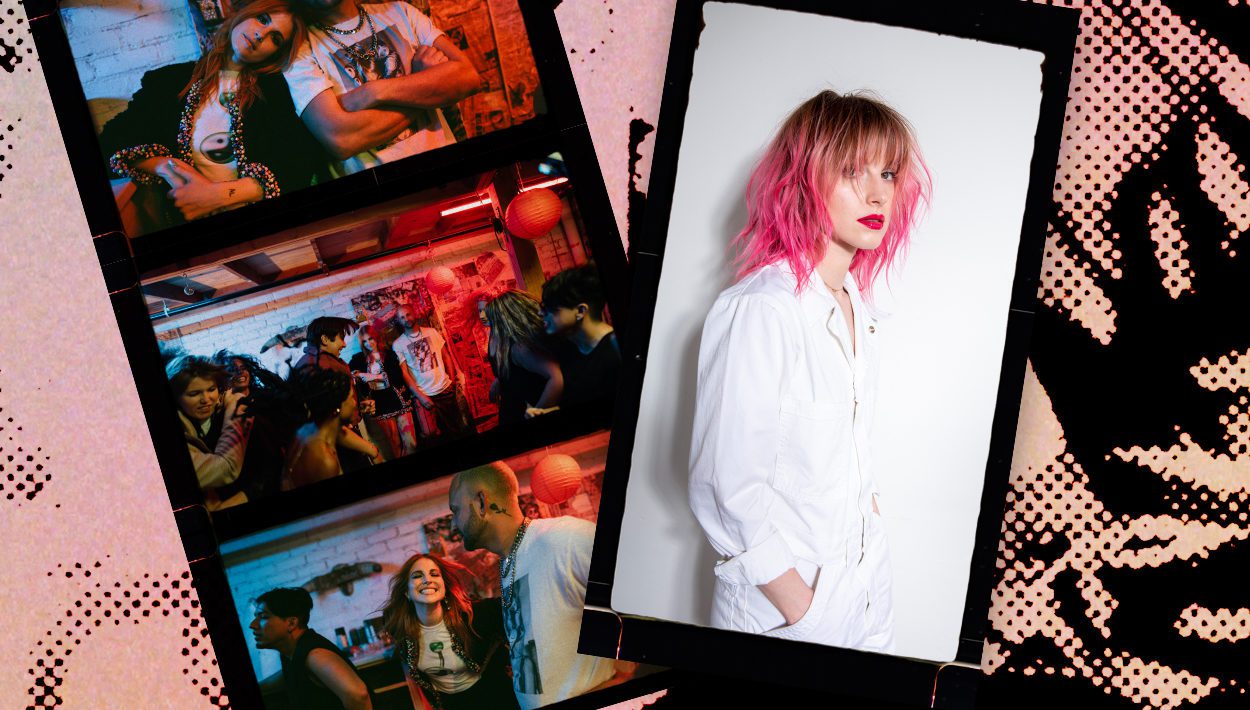
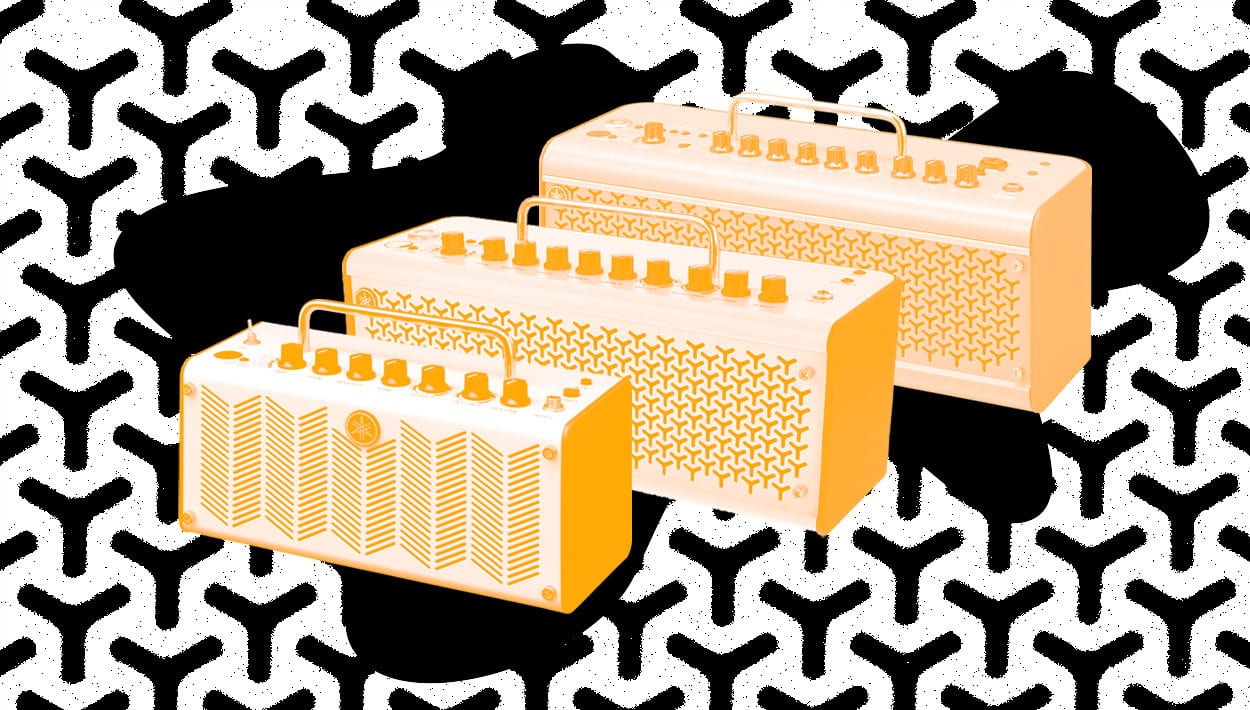
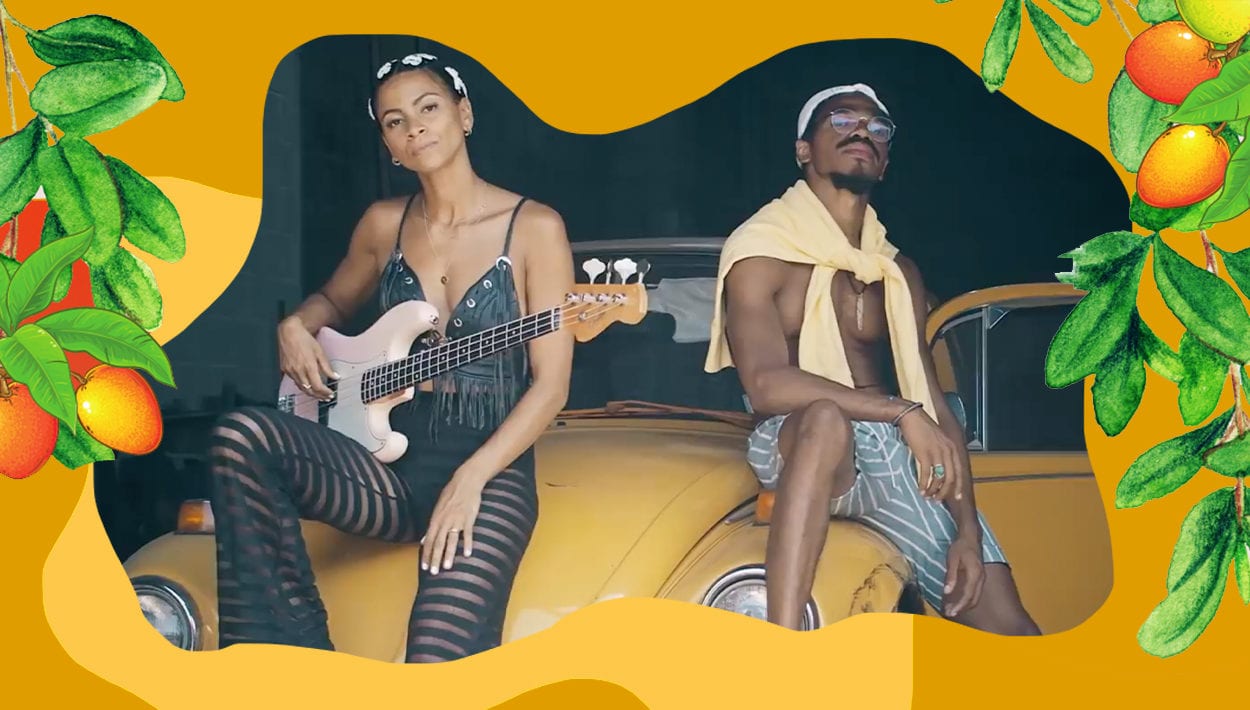
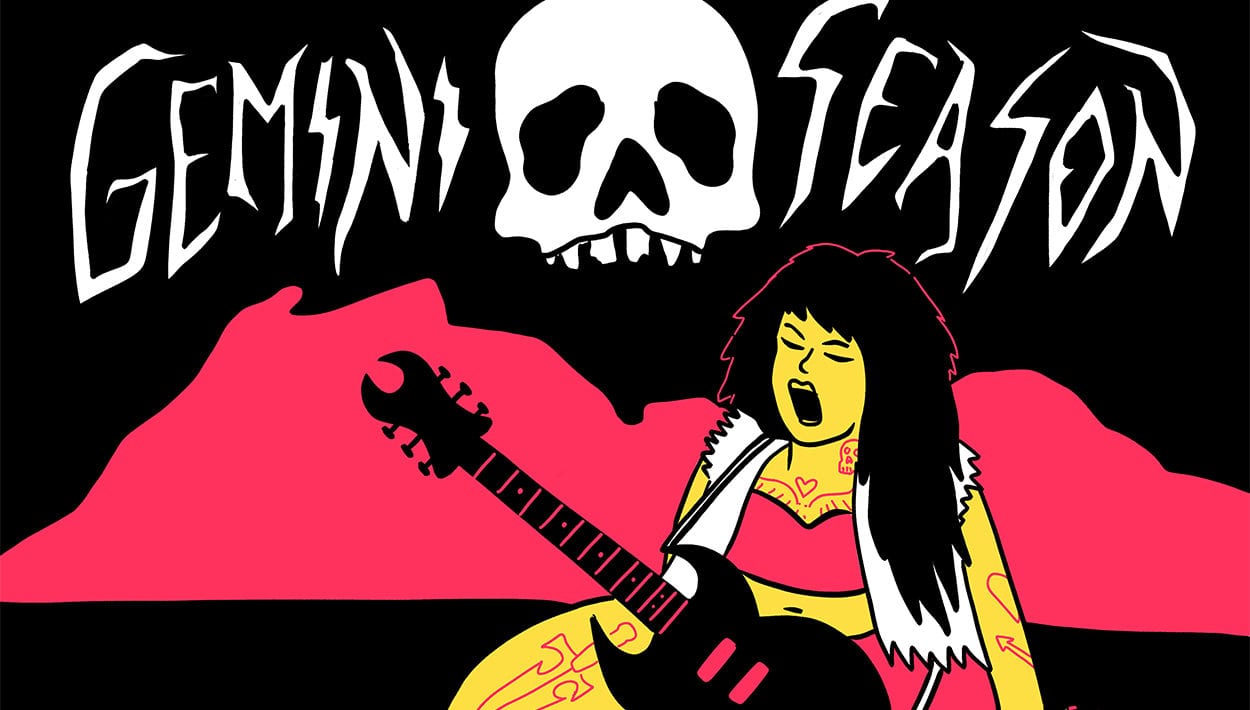
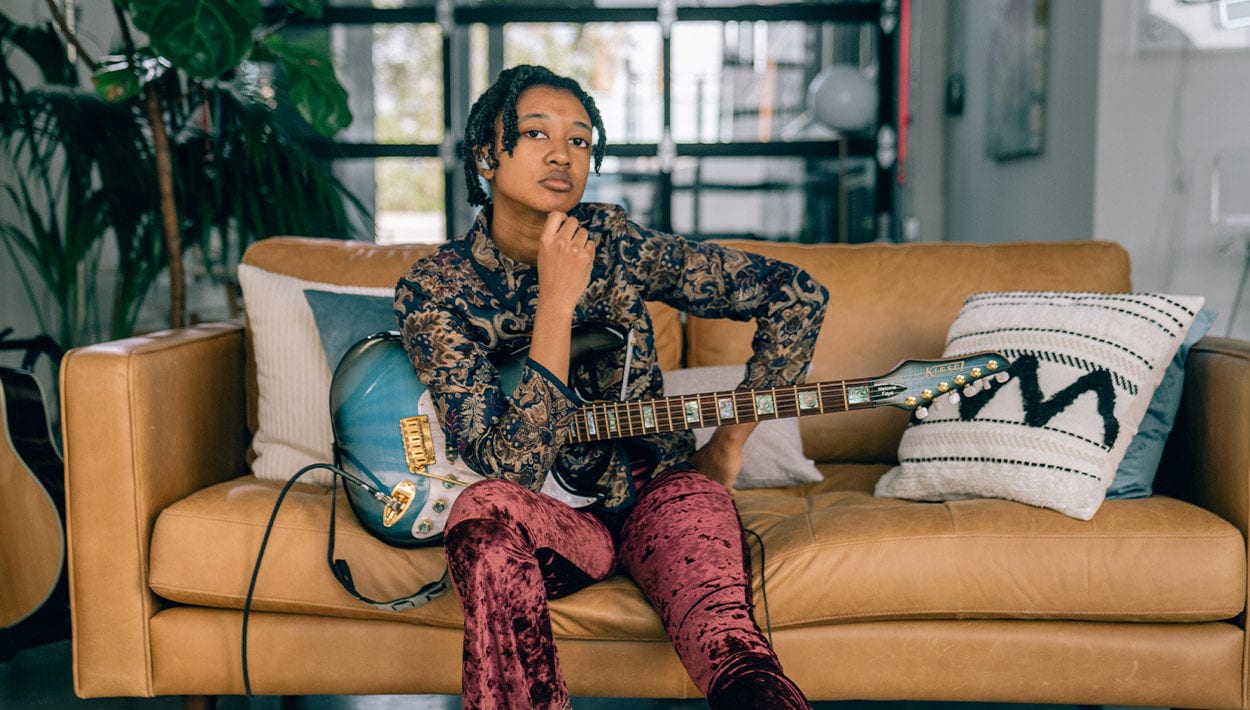
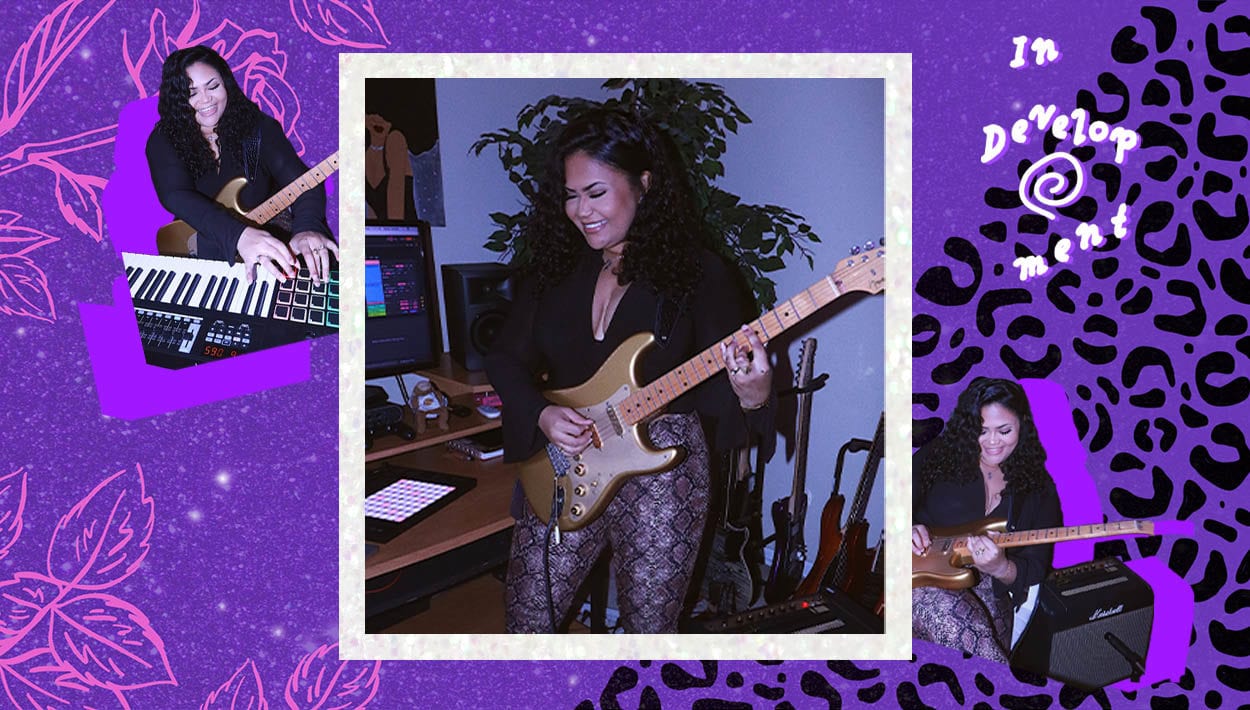
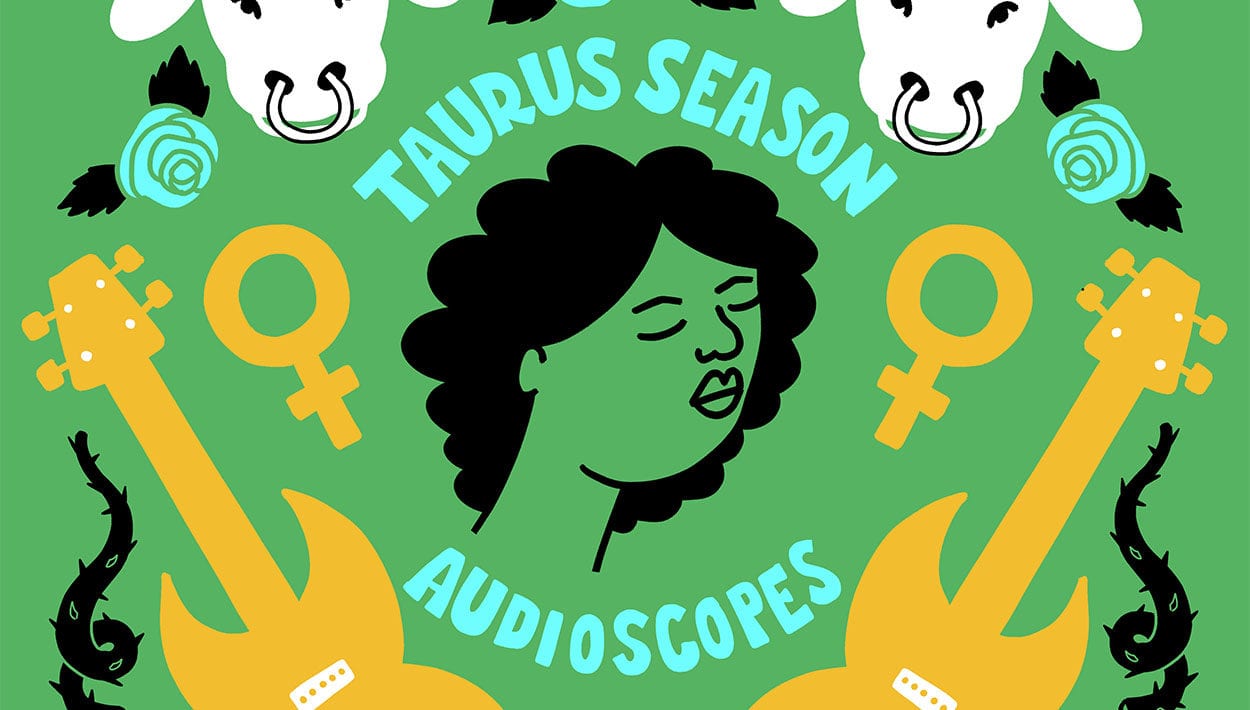


Comments
❤️
Nice interview
Comment by Joe on December 28, 2017 at 10:24 amAnd what about inspiration if you aren’t musician? I’m inspired by the opportunity to earn extra income (about 1000$) with referral program. https://www.linksmanagement.com/earn/
Comment by Sara Tom on November 9, 2018 at 12:16 amNice post ..thanks for sharing this…refer and earn money
Comment by Mr Journo on November 9, 2020 at 3:20 am[…] you’ve been reading She Shreds for a few years now, then you know we’re huge fans of Wata, guitarist/keyboardist in Boris. The heavy experimental, genre-defying band from Tokyo has released […]
Pingback by She Shreds Media on February 16, 2021 at 6:13 am[…] Boris’ Guitarist is known for her love of Orange amplifiers. She uses the Orange Rockerverb 100 and more besides. However, I have a hankering for slightly […]
Pingback by The Worship of Amplifiers - musicfan6160 on March 29, 2021 at 1:25 pmThank you for introducing me to this artist. I had never heard of her before, but she’s awesome!
Comment by Judy on November 22, 2022 at 8:28 amThank you for listing her equipment, she rocks!
Comment by Hoop on November 28, 2022 at 2:32 am